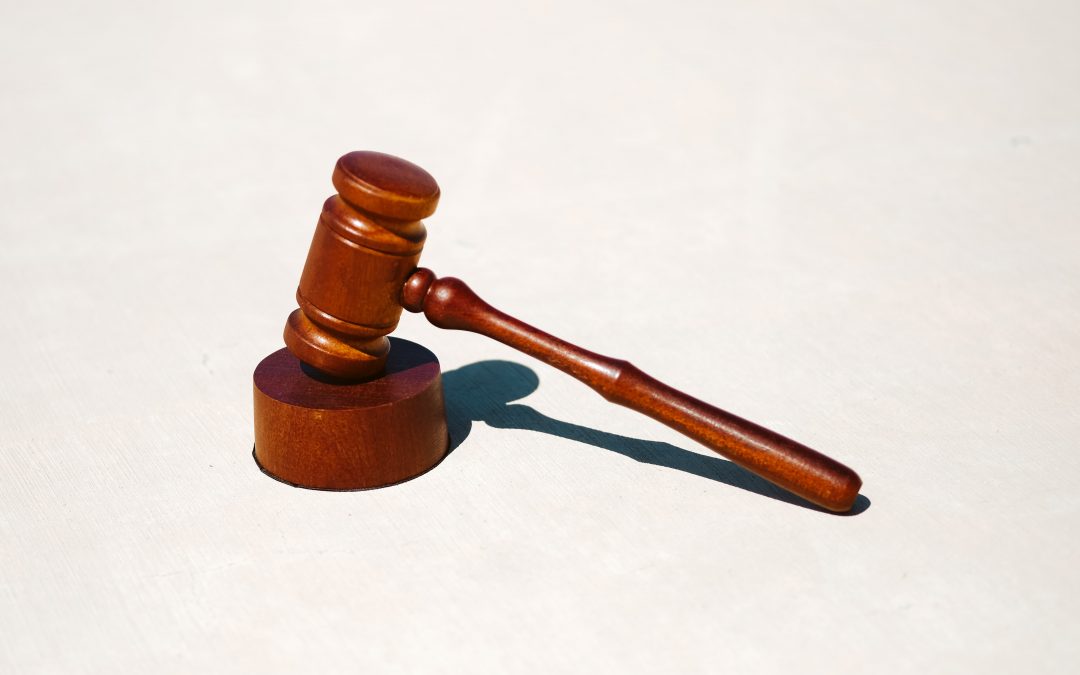This is an all-too-common scenario. We have had numerous clients come to us with a charge of assaulting their girlfriend, boyfriend, partner, wife or husband.
The alleged victim, also known as the ‘complainant’, contacts police and makes a report about the assault.
The police then decide to charge you with assaulting them. This can lead to a few different scenarios, and in all of them, it’s important that you seek the advice of a criminal lawyer immediately.
Assault charges: your options
Sometimes, the police report is false, and there was never any assault, and the complainant now wants to tell the police that.
Sometimes, the police report is true, and there was an assault, but you had a valid defence, such as self-defence, provocation or accident, and the complainant now wants to tell the police that.
In some cases, the police report is true, and there was an assault, but the complainant has changed their mind and no longer wants the charge to continue.
Once a police report of assault has been made, it is then in the hands of the police as to whether or not to lay a charge and continue with a prosecution. Unlike other countries, or in civil proceedings, it is not necessarily up to the complainant whether the charge proceeds.
Once the police have laid the charge, the matter will proceed to court.
If you are the accused person
We often have clients that then come to us for advice and options as to how this matter can proceed, when the complainant is unwilling or apparently unwilling to come to court and give evidence against them.
If we become aware that the complainant does not want to proceed with the charge, for whatever reason, we turn our mind to whether the matter can be negotiated with the police. That is, is it practicable for us to send a submission to the police, seeking that the charge be discontinued.
Ordinarily, the accused has bail conditions preventing them from having any contact with the complainant. This must be strictly adhered to, otherwise bail may be revoked, meaning the accused will be held in custody until the charge is resolved. Usually this also results in an additional charge or breaching bail.
An accused person in this position must also be careful not to intimidate or threaten the complainant into withdrawing their complaint, as this can lead to a serious criminal charge of perverting the course of justice. We always advise that you avoiding talking to the complainant at all about the charge or charges, even if there are no bail conditions in place. Passing on messages through other people to the complainant should also be avoided as this kind of indirect contact can still breach bail or can still result in a charge of attempting to pervert the course of justice.
If you are an accused person in this position, you should seek legal advice as soon as possible and avoid talking to the complainant about the matter, even if you do not have bail conditions that prevent you from doing so. A lawyer will be able to advise you on the options and deal with the police on your behalf.
If you are the complainant or victim
If you are a complainant or a victim, and you have made a complaint against your partner who has been charged but you no longer want the charge to proceed, you should speak with a criminal lawyer.
If your partner has a lawyer representing them for the criminal charge, you must see a different lawyer. One lawyer cannot advise both of you and you must get independent advice.
A lawyer will be able to advise you about the options available to you, and what is likely to happen. Even if you have expressed an unwillingness to proceed or go to court to the police, you may still be issued with a summons requiring you to attend court to give evidence. If you are unsure about the consequences of this, speak to a lawyer as soon as possible.
Dealing with the police about the charge
Depending on the circumstances of your matter, we can consider sending the police a submission seeking that the charge be discontinued. A prosecution should only proceed when it is in the interests of justice and this includes whether there are reasonable prospects of conviction and whether the prosecution is in the public interest. There may not be reasonable prospects of conviction if a complainant is unwilling to come to court to give evidence. It may also not be in the public interest to proceed with a charge when the complainant does not want a charge to proceed.
The police may decide to discontinue a charge in certain circumstances. If this occurs, an accused person may be able to recover some of their legal fees through the court process.
The police may decide to discontinue the charge at an early stage, or at a later stage, including shortly before the trial, or even the day of the trial. There is no set time period for them to respond to our submission.
At a trial, the police will call the complainant as their primary witness to the charge. If they do not answer their summons and do not come to court, the police may seek an adjournment of the trial, or may decide to discontinue the charge. If a witness disobeys a court summons, they may also be arrested and brought to court by police.
If the complainant comes to court and gives evidence, depending on what they say, an accused person may still be found guilty or not guilty of the charge.
If the above scenario sounds like something you are experiencing, please contact Chambers Legal’s assault lawyers on (08) 9500 8915 or at [email protected].

